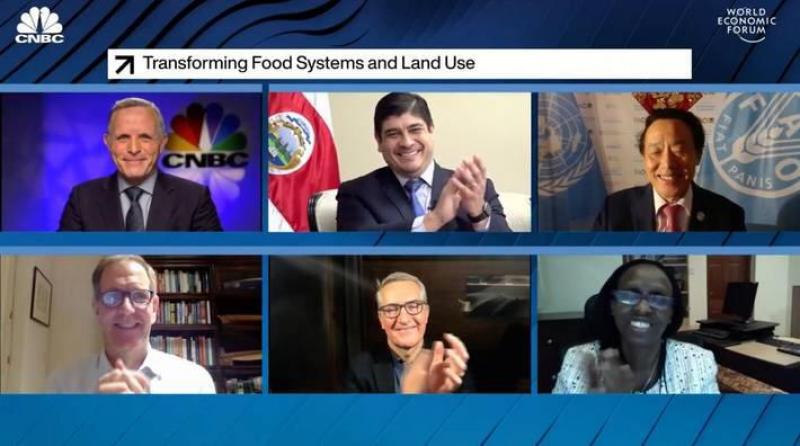
Davos hosted the traditional World Economic Forum online. Qu Dongyu, Director-General of the Food and Agriculture Organization of the United Nations (FAO), addressed the audience, noting the need to transform the global agrifood system and the importance of global digitalization, World of NAN reports, citing the FAO press service.
The forum brought together more than 1500 representatives of business, government and civil society from more than 70 countries to discuss economic, environmental, social and technological issues in the context of the COVID-19 pandemic.
This year, the theme of Davos week was the importance of 2021 as a "decisive year for restoring trust. The issue of the food system, the theme of the UN summit to be held later this year, was on the agenda of the forum.
In his speech, Qu Dongyu called for coordinated joint measures and "global action in a synergistic manner" to transform the world's agrifood systems.
Climate change, agricultural production, demographics, consumer demand, biodiversity, nutrition, pest control and food processing require complex changes, the FAO Director-General stated.
Land is fundamental to human life and biodiversity, is "the foundation of the economy, society and the environment" and "is vital to the productivity and sustainability of agrifood systems," stressed the FAO Director-General, who believes that efficient land use and sustainable land management are urgently needed to maximize agricultural productivity while minimizing negative effects on the environment.
These factors, he said, are one reason why the agrifood systems that FAO focuses on are more complex than food systems.
"Ensuring a sustainable food supply for the estimated ten billion people expected to live on the planet in 2050 requires solidarity, urgency, responsibility, innovation and action," Qu Dongyu added. He noted that in the COVID-19 Response and Recovery Program, FAO uses science and technology, data, initiative and creativity to foster a new level of recovery.
"We know there is no shortage of resources - intellectual, financial and material - to unleash innovation and transform agrifood systems," he said.
The Director General noted that innovation, especially digital innovation, linked to restrictive measures related to the pandemic, is booming and leading to changes that can be judged to take hold and become structural features in all sectors in the long term.
Speaking of innovation, the FAO Director-General also highlighted FAO's innovative tools, which are becoming more and more widespread. These include the Hand in Hand Geospatial Data Platform, the Data Lab for Statistical Innovation and the Earth Map tool developed with Google, which provides valuable real-time data to support strategic decisions.
Ultimately, the goal is to improve the well-being of rural and small-scale food producers, which initiatives such as online e-commerce platforms, delivery and marketing services and the introduction of specific systems to improve product traceability and food security can contribute to, the speaker said during the presentation.
The FAO Director-General repeatedly noted that the digital divide between entrepreneurs at different levels remains too wide and too often family farms in rural areas suffer from poor connectivity, fear of risk, lack of information, money, technology skills and digital literacy. He called for a concerted effort to help countries and regions quickly bridge this digital divide.
Noting that other panelists discussed the role of trade and subsidies, the FAO chief added that innovation is needed not only in these areas.
"We need innovation in policy, in business models, in finance and in technology to transform agrifood systems," concluded Qu Dongyu.







































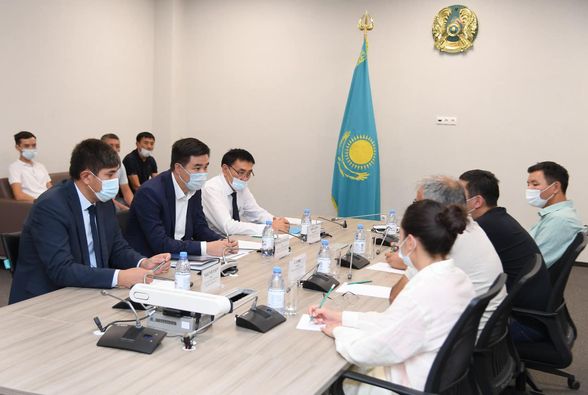
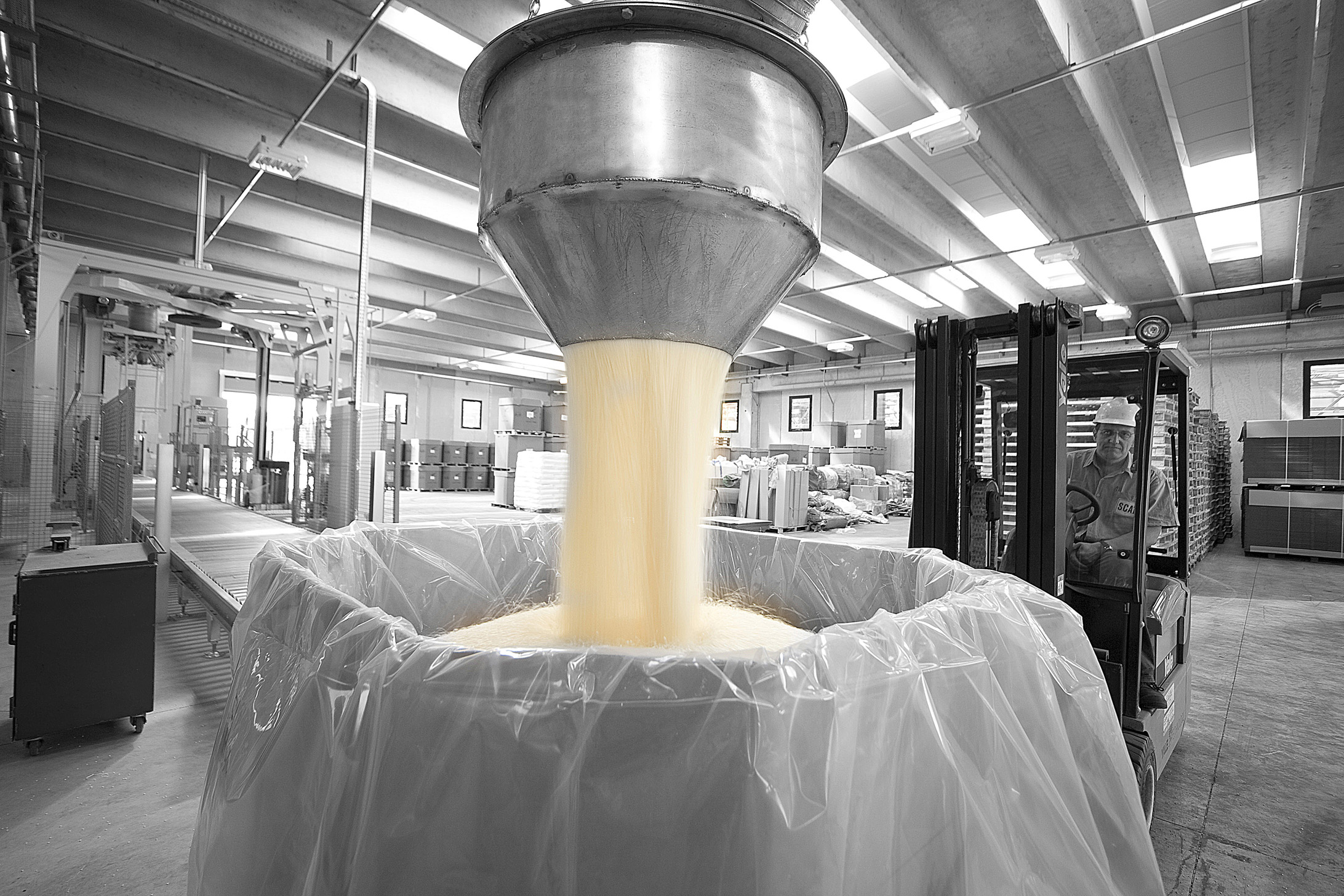
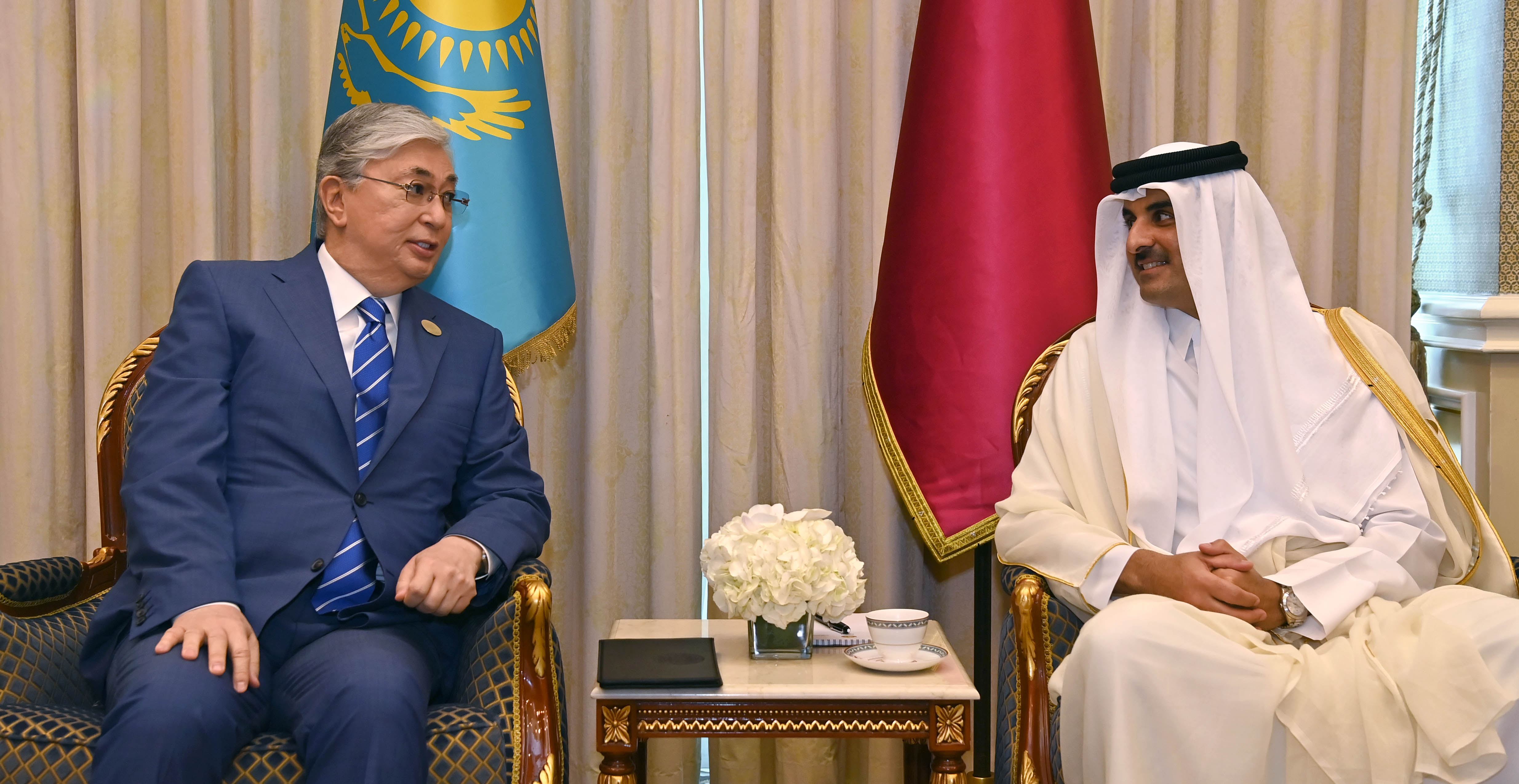
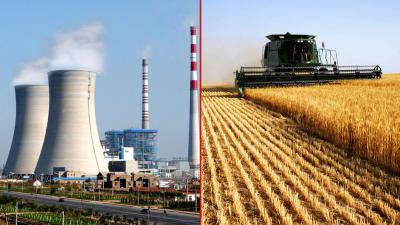

Обсуждение